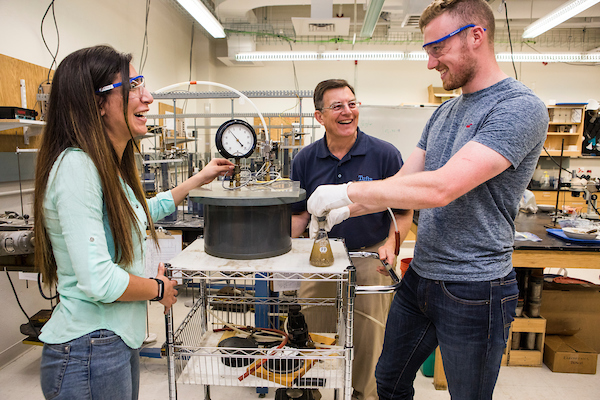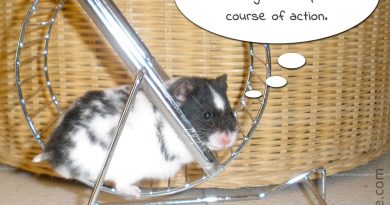Three Tips for Mentoring Student Summer Researchers
By Heather Dwyer & Carie Cardamone, Associate Directors, CELT
Faculty mentor students through graduate programs, undergraduate research experiences and even high school students doing independent research projects. Providing support throughout the research process is an important teaching role that fosters student intellectual growth and professional development. When becoming a research mentor, it can be helpful to start by considering your own beliefs and experience in mentoring. What does it mean to be a mentor? What is the role of a mentor in creating a welcoming, inclusive research environment? What was helpful about mentoring you received, and what was unhelpful?
During the summer, students at all levels from high school to college join faculty in experiencing research projects. While some students might have coursework in the discipline, many are new to the process of research and the culture of academic research. Therefore, clarity and transparency are key to a successful research mentoring experience. Here are three things to consider as you plan your interaction with your student:
1. Get to know your mentee
What does it mean to get to know your mentee? In your early conversations, it is important to learn about your mentee as a person, by asking them to describe their aspirations and experiences. You can make the relationship feel more reciprocal and authentic by sharing your own academic pathway, your experiences (and how you felt about them), and what you aim to bring to the mentoring relationship. Make sure to collaboratively identify goals for the summer – ideally, research goals (i.e., what you hope to achieve together through research) and goals for students’ professional development (e.g., communication, organization, problem solving skills, etc.). These first few conversations are an opportunity to build trust and transparency between you and your mentee.
2. Model and guide the research process
You will be drawing from your research expertise as you demonstrate and guide your mentee through the research process. Together, you should build a plan to achieve the research goals you identified. Work backwards through a timeline if necessary, and map out what should happen when. Are there research milestones or checkpoints that you can build in? As you make a plan and move forward in supporting your mentee’s research pursuits, it is critical to take the time to demystify the process of academic research. As academics, we are steeped in terminology, norms of conduct, and assumed knowledge and skills. Your mentee may wonder about things they notice, but they may not know how to express these wonderings. As much as possible, step back and check: can you explain or have a conversation about these implicit aspects of research?
3. Establish effective communication
Unlike coursework, where expectations and standards for communication are more structured, communication routines in the research environment are more ambiguous. Your mentee may not be accustomed to how communication happens or how to reach out for help. Therefore, it is important to clarify expectations for regular communication. Come to an agreement about how communication will happen (meetings, email, group chat, etc.) and how often. As the best mentoring relationships are reciprocal, invite your mentee to share their experiences with communication – what works best for them, and what do they need to feel comfortable expressing their questions and concerns? Because mentors and mentees bring different identities, cultures, and lived experiences to the research relationship, it is important to foster a welcoming research environment. Your mentee may be working with you and other members of a research team. Unintended slights and biased behavior can start to surface in these group environments – if you notice your mentee withdrawing or acting uncomfortable, it is particularly important to be vigilant about the research climate and to address harms when they occur.
Reference: How to Mentor Graduate students: A Guide for Faculty (University of Michigan)
Image credit: Medford/Somerville, Mass. – Research Professor of Civil and Environment Engineering John (“Jack”) Germaine and students (Anna Miller/Tufts University)
See Also




